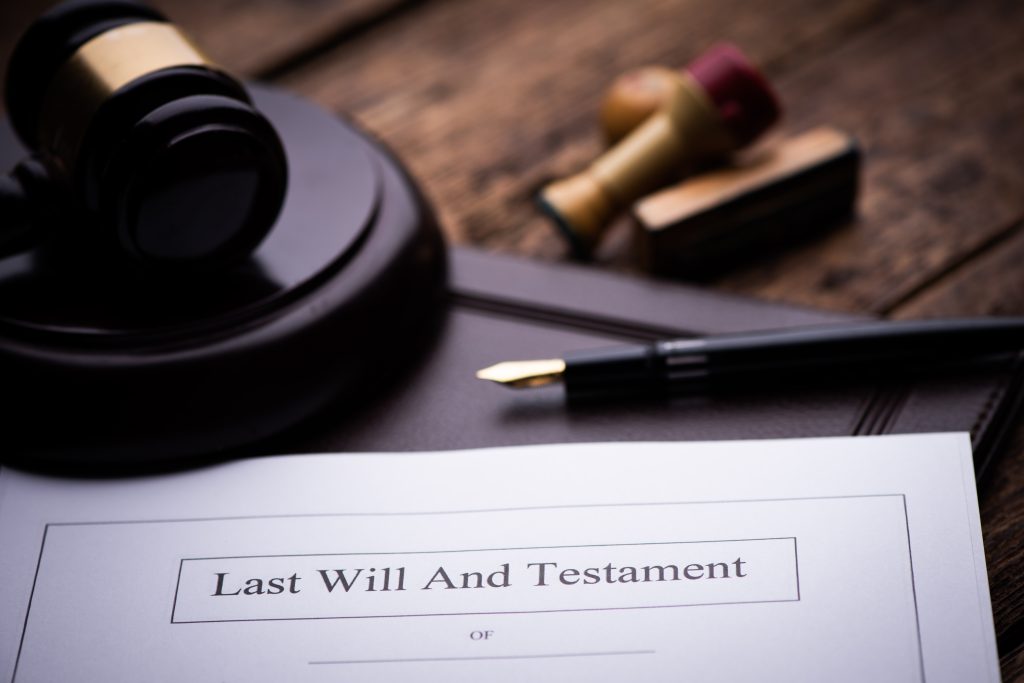What Happens to Your Assets If You Die Overseas?
A Guide for NSW Residents
Travelling overseas can be an exciting experience, but have you ever wondered what happens to your assets if you pass away while overseas? If you’re a resident of New South Wales (NSW), your estate may be affected by complex legal and administrative processes. This article explains what happens to your assets when you die offshore and how you can prepare to make things easier for your loved ones.
1. Does Your Will Cover Your Overseas Assets?
If you have a valid Will in NSW, it generally covers your assets worldwide unless it specifically excludes overseas property. However, whether your Will is recognised in the country where you own assets depends on that country’s laws. Some countries require separate Wills for assets located within their borders, while others may accept an Australian Will after legalisation (such as an apostille or re-sealing by their courts).
What If You Don’t Have a Will?
If you die without a Will (intestate), your estate will be distributed under NSW intestacy laws. However, foreign assets may be subject to the laws of the country where they are located, which could result in a different distribution from what would occur in NSW.
2. How Is Your Estate Administered If You Die Overseas?
If you pass away overseas, your executor (the person responsible for managing your estate) will need to deal with two jurisdictions:
- NSW Supreme Court (Probate Division) – If you had assets in NSW, your executor must apply for a Grant of Probate (if you had a Will) or Letters of Administration (if you didn’t have a Will).
- Foreign Jurisdiction – If you had assets overseas, the executor may need to apply for probate or a similar legal recognition in the country where the assets are held.
Some countries have treaties or agreements that make it easier to recognise an Australian Will, but others may require additional legal steps.
3. What Happens to Bank Accounts, Property, and Investments?
The process for different types of assets varies:
Overseas Bank Accounts
Most foreign banks will require probate or similar legal authority before releasing funds to your executor. If the account is jointly held, the surviving account holder may automatically become the sole owner, depending on the bank’s terms and the country’s laws.
Real Estate Owned Overseas
If you own property overseas, local inheritance laws may apply. Some countries have forced heirship rules, which mean that your property may not be distributed according to your Australian Will. Your executor may need to engage a local lawyer to handle the legal transfer.
Shares and Investments
If you own shares in an overseas company, the company’s jurisdiction will dictate how those shares are transferred. Some stock exchanges require probate in their country before releasing shares.
4. Tax Implications When You Die Overseas
Dying overseas can have tax consequences in both NSW and the foreign country:
Australian Tax – Australia does not have an inheritance tax, but your estate may be subject to capital gains tax (CGT) on certain assets.
Foreign Tax – Some countries impose estate or inheritance taxes, meaning your estate may be liable for taxes in that country before the assets can be transferred.
Double taxation treaties may help avoid paying tax in both countries, but this depends on the specific treaty between Australia and the other country.
5. Steps to Take Now to Protect Your Estate
To make things easier for your loved ones, consider these steps:





Conclusion
If you die while overseas, the administration of your estate can become complicated, particularly if you have assets in different countries. Planning ahead with a well-drafted Will, legal advice, and proper documentation can ensure that your assets are distributed smoothly and in accordance with your wishes. If you have overseas assets, it’s wise to consult both an Australian estate lawyer and a lawyer in the country where your assets are held to avoid unexpected legal hurdles.
By taking these steps now, you can ensure peace of mind for yourself and your loved ones. Contact us at Paysonberg today to find a solution that works for you!




















